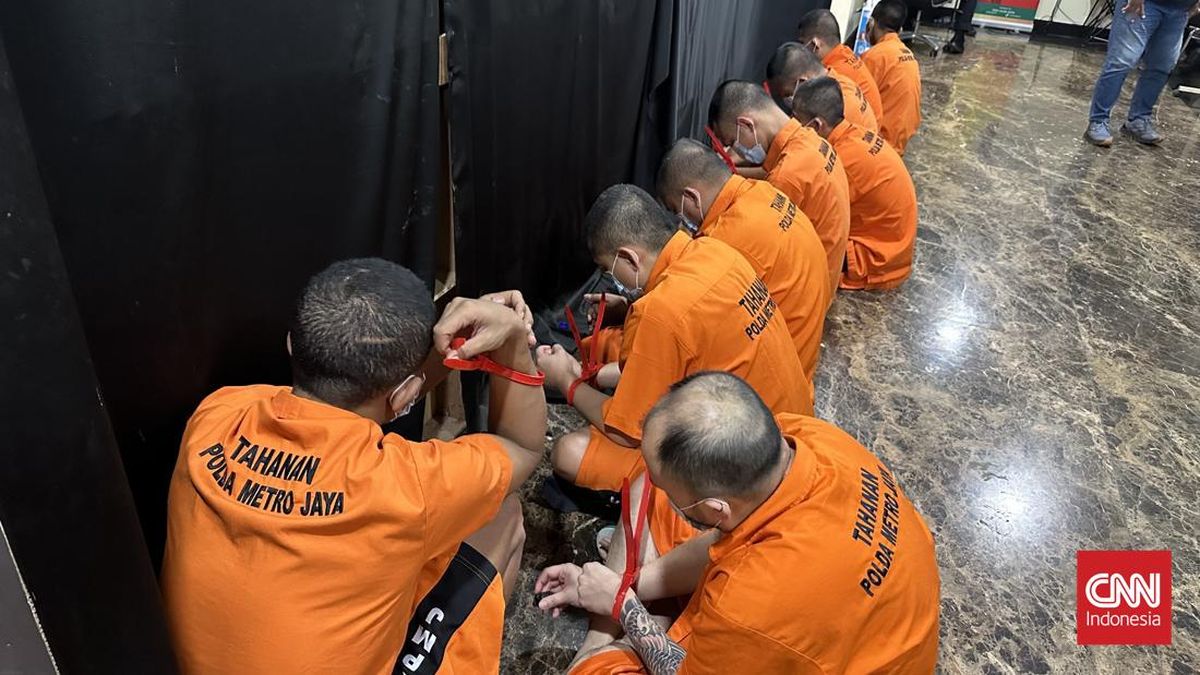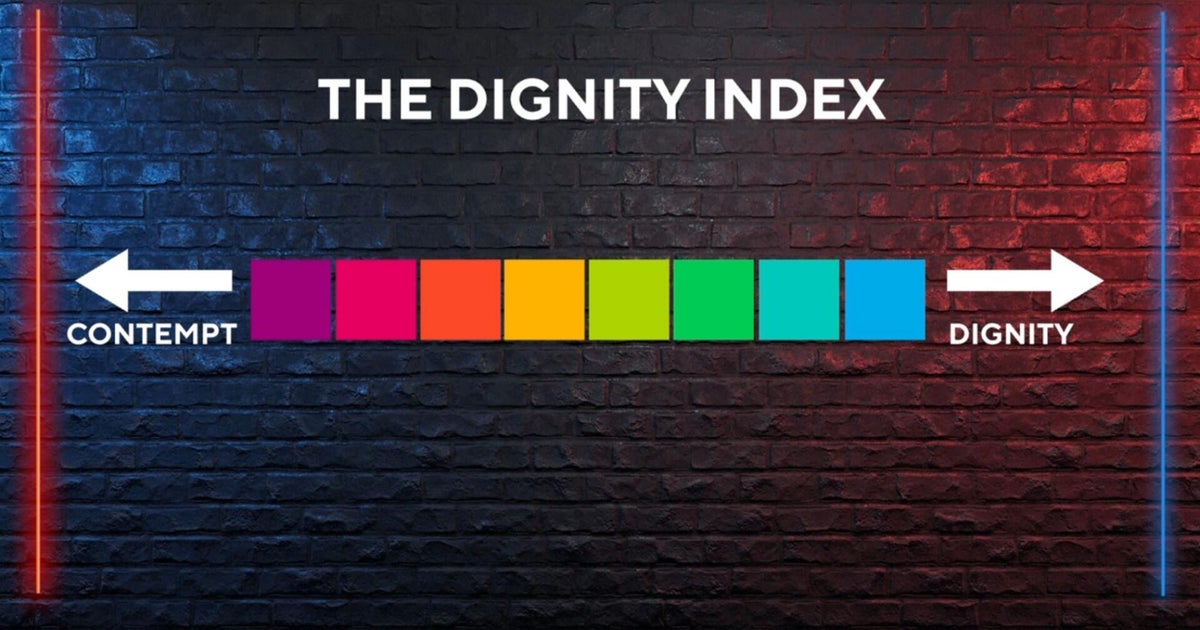Failures by Coles and Woolworths to keep accurate records of staff rosters is unfolding as the biggest underpayment scandal in Australian history. The grocery giants are expected to repay tens of millions of dollars more to over 30,000 current and former staff.
In a matter spanning over a decade, Federal Court Justice Nye Perram on Friday determined that both supermarket companies had paid workers their salaries without accurately tracking other entitlements owed under the retail award.
“The basic problem common to each action is that the employees in question were employed under written contracts providing for an annual salary,” Perram said in a 204-page judgment handed down on Friday morning.

Coles and Woolworths have repaid staff tens of millions for failing to keep the right payroll records but they are expected to pay millions more.Credit: Getty
“Woolworths and Coles did not keep track of the entitlements of these employees under the award and hence, in many cases, did not pay entitlements which the employees properly had.”
The judgment brings together four separate proceedings brought by class action law firm Adero Law and the Fair Work Ombudsman against the two supermarkets in 2019 and 2020.
Fair Work alleged Woolworths underpaid 19,000 workers and Coles underpaid 8768 staff, from store managers to heads of individual departments.
Since workers were paid a salary, the court found Coles and Woolworths had failed to keep detailed records of overtime hours, penalty rates, staff rosters and clock-in, clock-out data that were not easily accessible to inspectors.
Woolworths has repaid more than $486 million to staff after self-reporting underpayments in October 2019 that stretched back to 2010. The supermarket has set aside a total of $547 million for remediation costs.
Coles, which self-reported in February 2020, has repaid $30.1 million to date. It has $50 million set aside.
In a hypothetical example, Perram also found employees who were entitled to a fortnight’s pay of $2000 should have still received $1500 in overtime, and he said Coles and Woolworths were not allowed to offset any underpayments in some fortnights through overpayments that occurred in others.
“The employee is to be restored to the position he or she would have been if the contraventions had not occurred,” said Perram.
“It is a payment in addition to the remuneration under the contract of employment and it is clear it is not a payment directly related to the performance of work.”
The judge also ruled in favour of Fair Work’s submission that the burden of proof should fall on the employer to disprove allegations of underpayment where record-keeping failures had occurred.
Adero Law believes Coles owes several times more than what it has paid to date, and that Woolworths is still to pay millions more.
“As was found by Justice Perram in the case of Coles, the clear ‘evidentiary vacuum’ that Coles relied upon to conduct its HR and payroll system was a ‘calamity which belongs to Coles and not its employees’,” said Adero Law managing principal Rory Markham in a statement.
When combined, the remediation payments paid by the grocery giants to date are the highest in corporate memory. In 2023, BHP admitted to underpaying staff $430 million.
“The underpayments by Coles and Woolworths during the class action period will constitute the largest form of underpayment documented by a court in Australian history.”

Federal Court Justice Nye Perram.Credit:
Woolworths said the judgment was complex and extensive and that it was considering the findings.
“Our team members are the heart of Woolworths, dedicating themselves to serving our customers every single day,” Woolworths chief executive Amanda Bardwell said in a statement. “We are focused on resolving these underpayment issues. We are committed to ensuring that our team members are paid correctly.”
Coles also acknowledged the proceedings. “Coles is now reviewing the judgment to understand its implications,” it said. “Given the complexity of the judgment, it may take some time. Coles will provide further updates as appropriate.”
Business lobby groups have said the Federal Court finding was proof that the regulatory system is too complex.
Australian Retailers Association chief executive Chris Rodwell said: “With 994 different pay rates across almost 100 pages, the General Retail Industry Award 2010 is incredibly difficult for employers to understand. It is clearly not fit for purpose for larger employers.
“The expectation that smaller mum-and-dad operated businesses, who lack legal and HR resources, can use the award appropriately is entirely unreasonable.”
Markham said the ruling was a “clear warning” for major employers to keep detailed records of hours worked.
“This judgment makes it clear that retailers can no longer hide behind incomplete or inaccurate payroll records,” he said.
“Every hour worked must be recorded and every entitlement paid each fortnight – or businesses risk not only substantial underpayments but also significant monetary penalties, which courts can impose under the Fair Work Act – in addition to the underpayments.”
A case management hearing has been listed for October 27 to determine the full remediation sum.
The Business Briefing newsletter delivers major stories, exclusive coverage and expert opinion. Sign up to get it every weekday morning.
Most Viewed in Business
Loading


















































